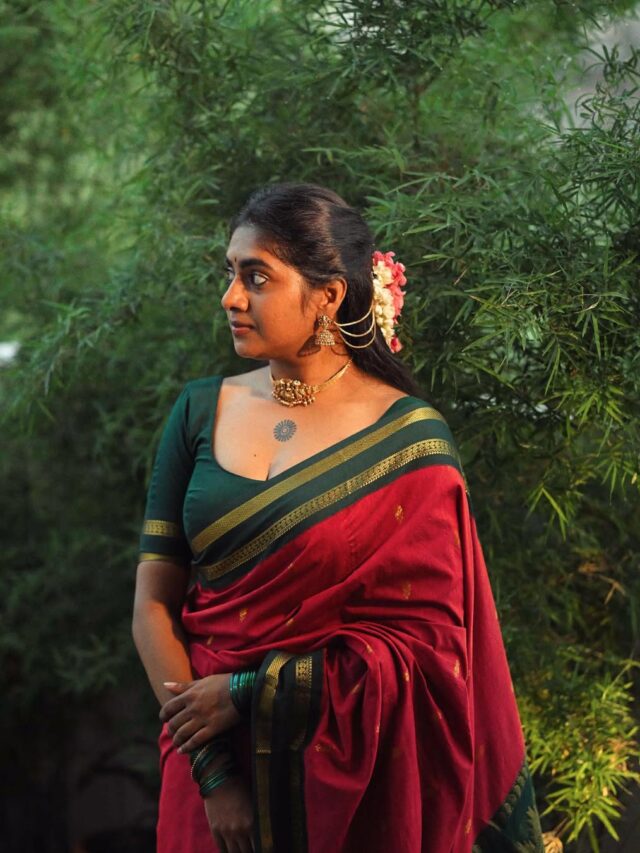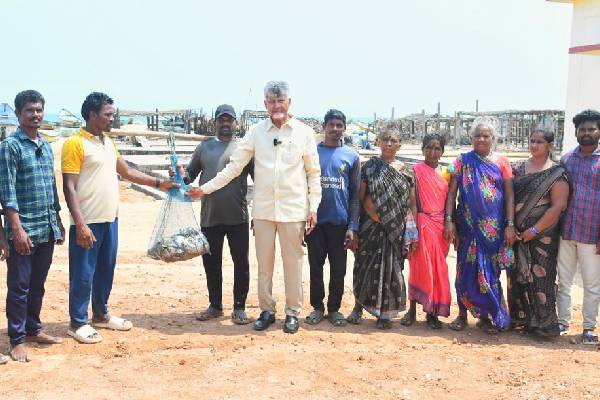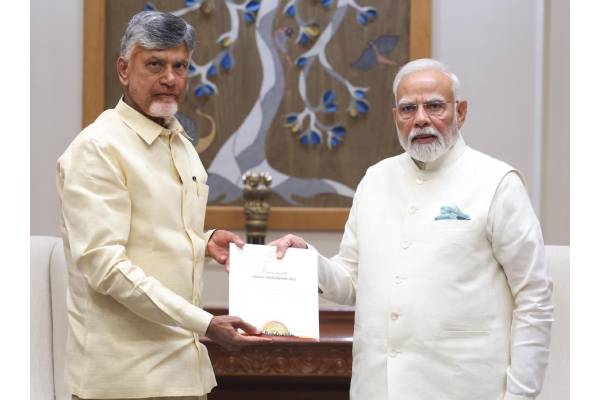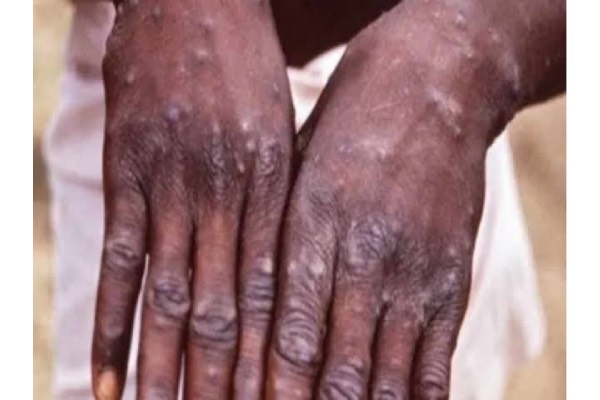India reported the first suspected case of monkeypox on September 8, stating there is no need for concern. The Ministry of Health said a young male who recently traveled from a country with monkeypox transmission has been identified as a suspected case in the country. Africa is currently experiencing a major monkeypox outbreak, with thousands affected and over 500 deaths. This outbreak is caused by the more virulent Clade 1b strain, which has a 3.6% mortality rate, with children at higher risk, according to the WHO. Monkeypox is a viral infection that affects humans and animals, typically starting with flu-like symptoms and resulting in pus-filled lesions that can last for 2 to 4 weeks. The virus can spread through contact with infected individuals, animals, or contaminated materials. Preventive measures include avoiding sexual contact with unfamiliar people, avoiding close contact with those with rashes or lesions, frequent handwashing, and not sharing personal items. The monkeypox virus has been classified into Clades I and II.
The West African clade of monkeypox virus has two subcategories: Clade IIa and Clade IIb. Clade IIb was responsible for the multi-country outbreak in 2022. The increase in mpox cases in the Democratic Republic of the Congo is linked to outbreaks associated with two subcategories of the clade I monkeypox virus – clade Ia and clade Ib. Historically, clade I mpox had a mortality rate of around 10%, primarily affecting children. Unlike COVID-19, the mpox virus does not easily spread through the air, and sharing a flight with an infected person does not constitute an exposure risk. Individuals can also develop mpox from physical contact with animals that carry the virus, such as certain species of monkeys or rodents. There is currently no specific approved treatment for monkeypox virus infections.
The WHO recommends vaccines to help manage and alleviate the symptoms of monkeypox. After extensive research over many years, newer and safer vaccines have been developed for the previously eradicated smallpox disease. These vaccines have been authorized for use against monkeypox in different nations.
The World Health Organization currently recommends the use of MVA-BN, LC16, or ACAM2000 vaccines for mpox prevention, with two doses providing the strongest protection. In the United States, JYNNEOS®️ and ACAM2000 vaccines are available to reduce the risk and severity of mpox infection. While vaccines can offer protection, they do not guarantee complete immunity, and it takes time for the body to build immunity after vaccination. Getting vaccinated within four days of exposure provides the best chance of avoiding mpox, while vaccination between four and 14 days can still reduce the severity of the disease. Even after vaccination, it is important to continue taking precautions to avoid contracting and spreading mpox.
-Sanyogita



































